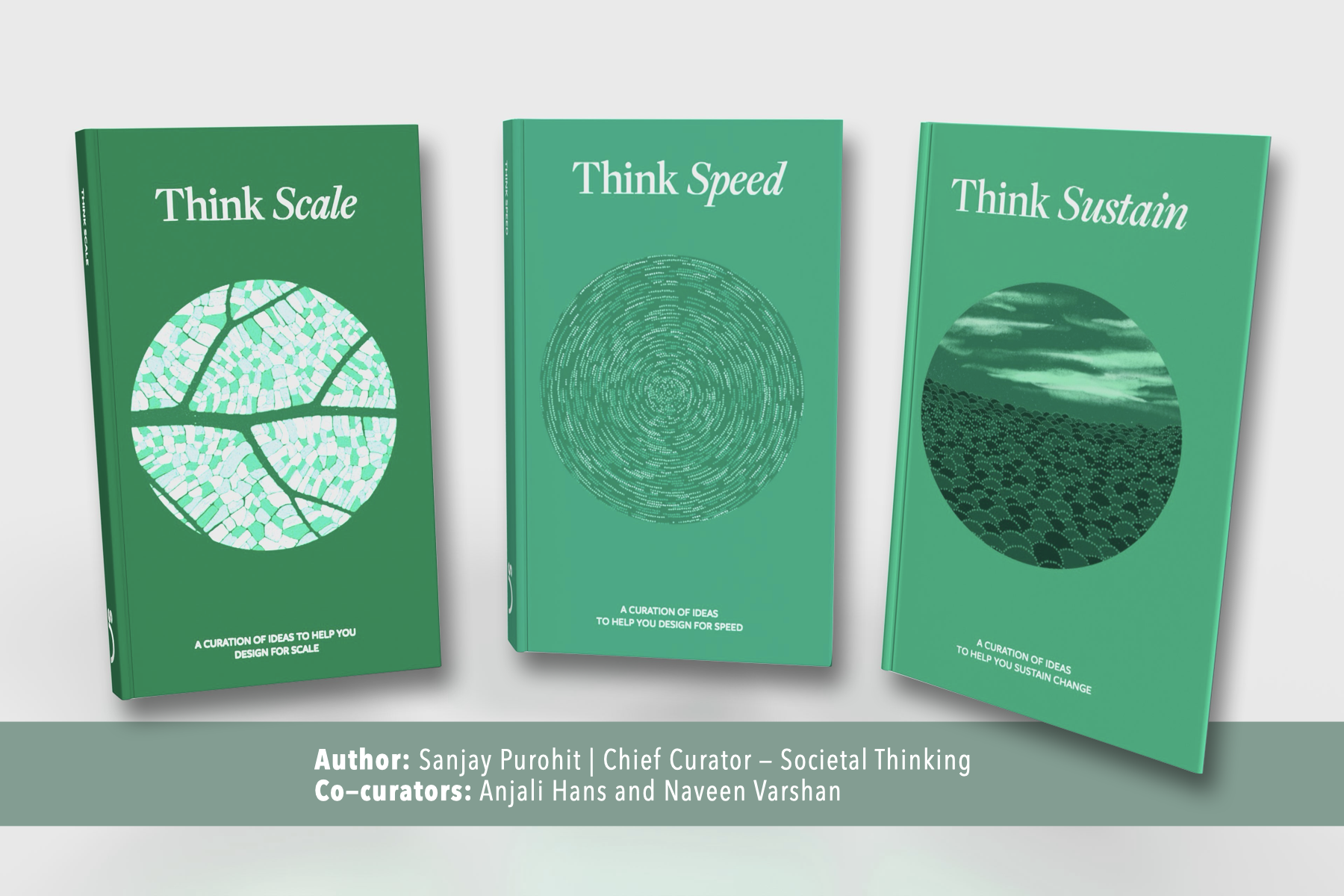As a mother of 2 boys, I know how much time parents spend on deciding which school our children should attend. So many parameters are assessed and options weighed before making the ‘big’ decision. In this process of selection, we stay away from choosing a government school. Simply because we assume that since government schools are free, the quality of teachers and education will be poor. We never really imagined that government schools could equip children with the confidence and aspiration needed to thrive in today’s world. But, all my long-held beliefs and questions were challenged when I recently visited government schools in Anekal thaluk (a peri-urban area) in the outskirts of Bangalore.
We travelled to Anekal with Narayan Hegde from Mantra4Change, a non-profit that works on enabling education leaders, civil society organisations and District Institutes for Education and Training (DIET) to work together. Narayan took us to one small cluster with 15 schools, of which we visited 3.
Empowering education leaders to drive change
Visiting a school always brings back memories and makes me smile. As I walked, I peeped into classrooms and saw children revising for their exams and one child was gazing outside as if he longed to just go out and play. We met students who showed a keen interest in completing their graduation and listened to their aspirations. “I love science. I want to become a scientist,” one student told us. Another said, “I want to become a lawyer.” One of the students even wanted to be a teacher! I remember how, back in school, my love for a subject depended so much on the teacher. An inspired teacher can shape our goals without telling us what to do. Even today, I think of Ms Mary Fernandez, who was my mentor more than my teacher and helped me make the right choices.
As I was reminiscing, l met Ms Geetha, a Cluster Resource Person (CRP), and Mr Munesh, the Block Resource Person (BRP). Ms Geetha’s confidence was evident from the way she spoke and carried herself. She told us about the changes Mantra4change have brought about, through their Shikshagraha programme. M4C has been working with District Institute of Educational Training to formalise and deliver training programmes for teachers so that the teachers can take ownership of their learning and development and build their leadership skills.
Ms Geetha believes no change can happen individually and there has to be a collective approach to problem-solving. She shared, “When I was in a training with teachers, one of them shared her innovative approaches to teaching a lesson. Other teachers made notes, and the teacher who shared her ideas felt so proud and recognised for her contribution. At that moment, I saw it – my teachers were becoming leaders!” I was bowled over by her powerful statement.
Another teacher, Ms Saroja, said, “My main goal is to get more children to enrol into our school. We are not any different from the private school next door. All our staff here have over 20 years of experience”. Clued into each student’s learning curve and brimming with energy, Ms Saroj brought alive what happens when teachers are empowered to make meaningful decisions. Ms Ayesha too is working to ensure the school has a science lab, despite having a lot on her plate. She explained how teachers are innovating and experimenting to come up with more engaging ways of teaching children.
Restored agency can lead to exponential change
In Anekal, I saw that small steps of doing, learning, and doing add up – enabling everyone to endlessly get better at what they do and, at the same time, building capacity in the system to change. As teachers undergo training, they take ownership of their own and students’ learning. This, in turn, becomes a generative cycle of change, eventually shifting the ecosystem in a way that all key actors, from CRPs and teachers to parents and students, have agency and can drive change.
This is illustrated in some numbers M4C shared with me. In June 2022, a record 75% of all teachers in Anekal attended the Cluster Resource Group (CRG) workshop and now, 50% of them use activities learnt in the workshop to teach. This has led to a 21% increase in annual test scores in children!
Anekal is a testament to how a small change can enable exponential change. I felt so enriched and wondered if my own children could be taught by teachers like Ms Saroj and Ms Ayesha. I came back with many questions: What would it take to restore the agency of India’s 4.5 million education leaders? How do we enable capacity building at scale? What is that one change that can trigger a domino effect in the education ecosystem?
Teachers and education leaders must stay updated with the latest on how to improve learning outcomes for children. While training is one way to keep abreast, mentoring is proven to multiply the impact of capacity building. Here’s how ShikshaLokam’s efforts enable mentoring at scale.
 Back
Back


